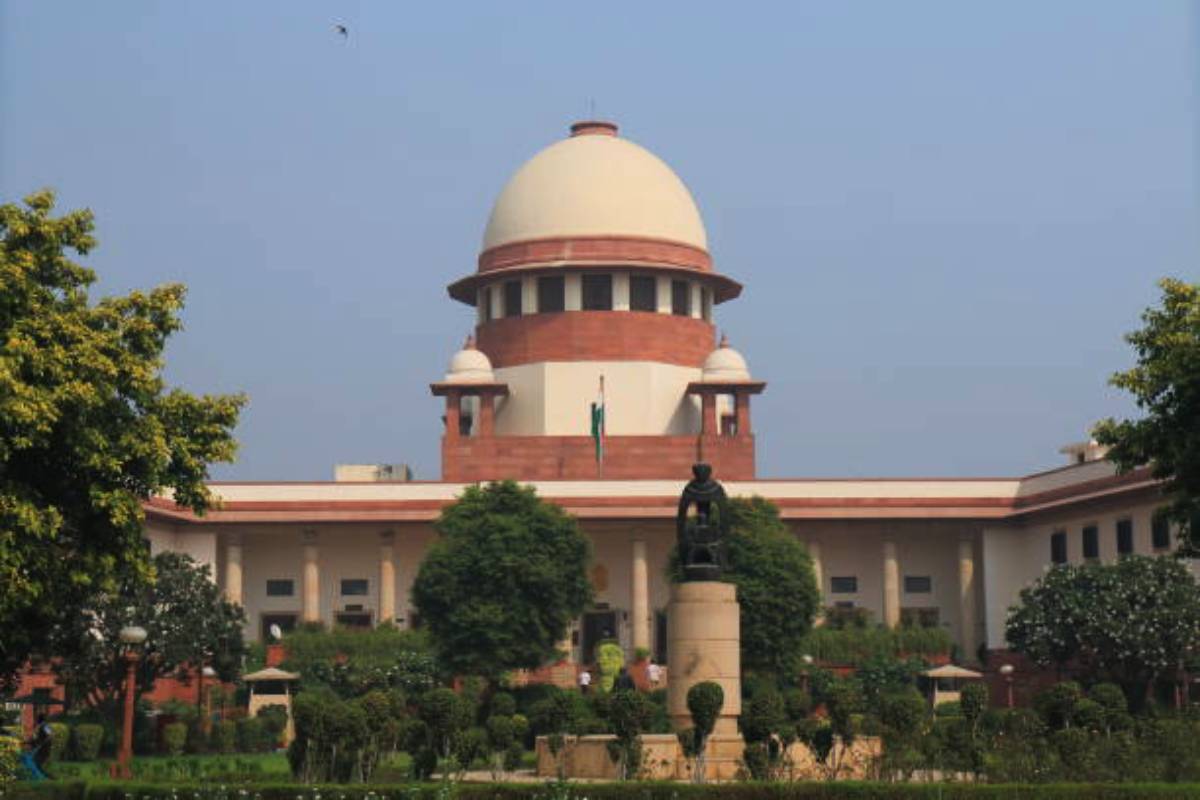The Supreme Court has underscored its concerns about the institution of marriage, particularly when it comes to unconventional paths to motherhood. The backdrop is the Surrogacy Regulation Act, a legislative framework that permits surrogacy exclusively for married, widowed or divorced women aged 35 to 45, excluding unmarried women from this reproductive journey. At the heart of this legal tussle is a 44-year-old unmarried woman challenging the validity of a section of the Surrogacy Act that bars single women from opting for surrogacy. Her plea is straightforward ~ a desire for motherhood unencumbered by marital bonds.
The court, however, seems determined to safeguard the sanctity of marriage, expressing reservations about permitting surrogacy for unmarried women. The court’s stance raises pertinent questions about societal norms and individual choices. It asserts that in India, becoming a mother within the institution of marriage is the norm, unlike in the West where children are born outside wedlock. The judges, unapologetically conservative, argue for the preservation of the traditional concept of family, where children are raised within the confines of matrimony. While the court’s concern for the welfare of the child is evident, the question looms large. Does restricting surrogacy to married women enhance the child’s well-being or merely uphold societal expectations? The argument that a child should know their biological parents is valid, but it skirts the reality of changing family structures and evolving societal norms. Notable personalities like film producer Ekta Kapoor, Tushar Kapoor, and Karan Johar have all embraced surrogacy without adhering to traditional marital norms, challenging the notion that an ‘unconventional’ family is detrimental to a child’s upbringing.
The petitioner’s lawyer aptly points out the discriminatory nature of the law, arguing that it infringes on fundamental and human rights. The right to found a family is a basic human right, recognised by international bodies like the United Nations. The court’s counter-argument ~ that a single woman could get married solely for surrogacy eligibility and divorce afterward ~ reflects scepticism about the ease of navigating the intricacies of marital relationships. The court’s reluctance to embrace societal change is palpable. It acknowledges scientific advancements in assisted reproductive technologies but asserts that social norms have not kept pace.
This raises the question of whether legal frameworks should evolve in tandem with societal shifts or remain tethered to traditional values. In navigating this legal landscape, the court must balance tradition with the imperative to recognise and respect individual choices. The petitioner’s desire to experience motherhood without marriage should not be dismissed as an anomaly but rather considered within the broader context of evolving family dynamics. As the court prepares to hear this case alongside others challenging different provisions of the Surrogacy Act, it stands at a crossroads between tradition and progress. The decision will undoubtedly set a precedent, shaping the contours of reproductive rights and family structures.












